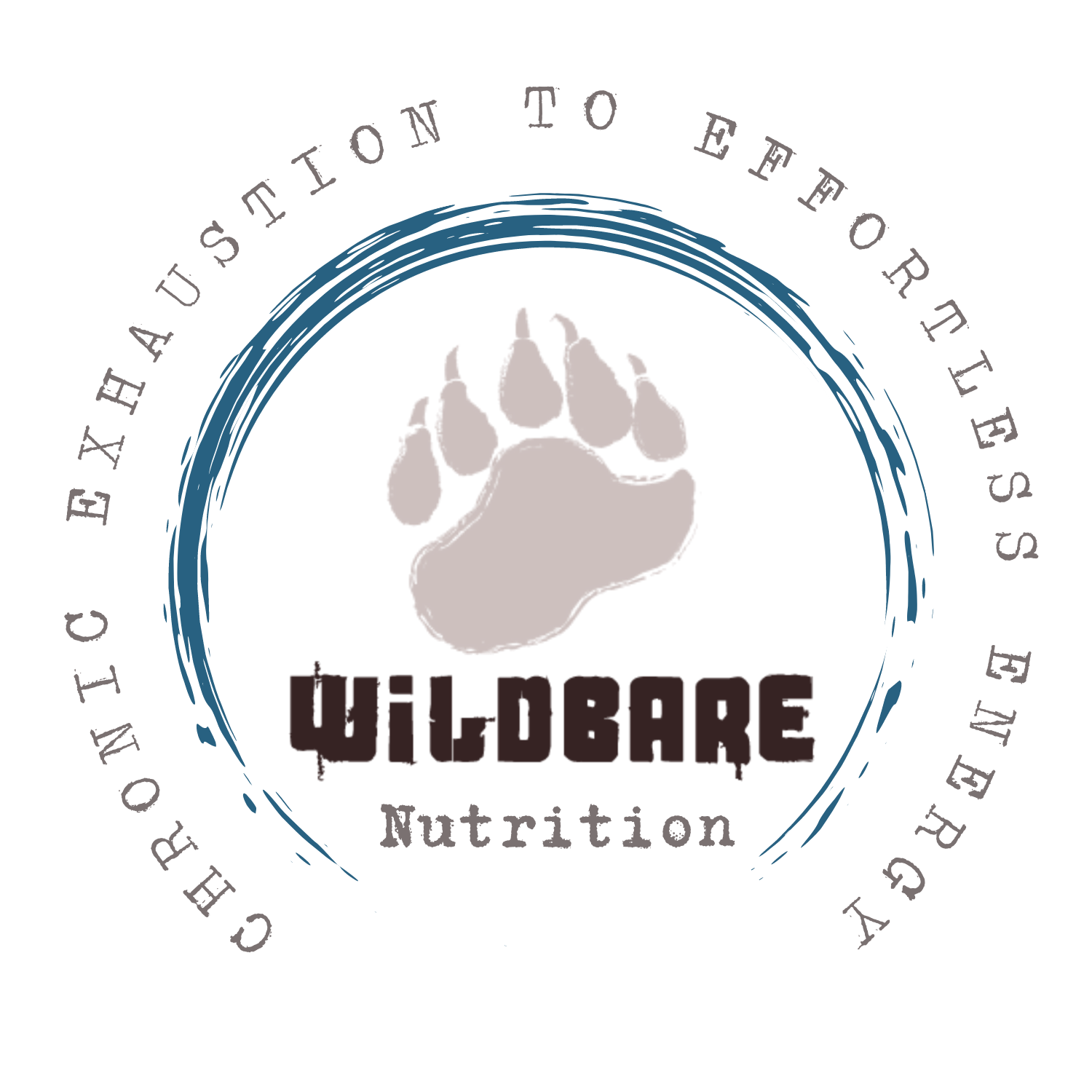The Health Benefits of Tea: More Than Just a Comforting Cuppa
/Tea is one of the world’s most beloved beverages, enjoyed by millions daily for its comforting warmth, diverse flavors, and numerous health benefits. Whether you start your day with a refreshing green tea, unwind with a fragrant oolong, or indulge in a rich black tea, this humble drink offers much more than just a moment of calm. In this blog, I’ll tell you all about the beautiful health benefits of tea, and how to ensure your cuppa is doing the very best for your health. Not that we need any excuse for a cuppa!
When you’re standing in the supermarket aisle or in a bespoke tea shop, it’s easy to forget that tea drinking has spanned millennia. Though we might use it as a morning pick-me-up or as the perfect pairing for a gossip session, tea has been revered—almost sacred—as a ritual for centuries.
This blog is a celebration of the cuppa! I'll walk you through the history of tea, its health benefits, how much you should be drinking, and some fabulous ways to honour this amazing drink.
The Ancient Origin’s Of Tea
Tea's origins date back thousands of years to ancient China. According to legend, Emperor Shennong accidentally discovered tea in 2737 BC when leaves from a Camellia sinensis plant blew into his bowl of hot water. From this serendipitous moment, tea's journey began.
Tea’s consumption soon spread throughout East Asia, deeply influencing cultures in places like Japan, where it became an integral part of Zen Buddhism and the tea ceremony. By the 9th century, tea had reached the Arab world and, by the 16th century, made its way to Europe thanks to Portuguese and Dutch traders. The British played a significant role in making tea a global commodity, establishing plantations in India and Sri Lanka and popularising tea drinking across the Western world. Today, tea is not just a beverage; it is a symbol of hospitality, mindfulness, and, in many cultures, a way of life.
The Different Types Of Tea
All true teas come from the Camellia sinensis plant but differ in processing methods. Let’s take a quick look at the four main types:
White Tea: The least processed, made from young buds. It has a delicate, light, and slightly sweet flavour and is known for its anti-aging and immune-boosting properties.
Green Tea: Heated to prevent oxidation, green tea has a fresh, grassy flavour and is packed with antioxidants, aiding weight loss and boosting brain function. Famous varieties include Japanese matcha and Chinese Dragon Well.
Oolong Tea: Semi-oxidised, offering complex flavours from fruity to floral, it aids digestion, supports metabolism, and promotes healthy skin.
Black Tea: Fully oxidised, black tea boasts bold flavours, with famous varieties like Darjeeling and Earl Grey. It is known for improving heart health, gut health, and providing a steady energy boost.
In addition, there’s Pu-erh tea, a fermented type from China, prized for its probiotic properties, and herbal teas, which are caffeine-free tisanes made from herbs, flowers, and fruits.
The Science Behind That ‘Ahhh’ Moment
True tea (white, green, oolong, black, and pu-erh) contains an amino acid called L-theanine, responsible for the calm alertness you feel after drinking a cup. Here’s why that matters:
Calm Alertness: L-theanine induces alpha brain waves, helping you feel relaxed yet alert. Unlike coffee, which can lead to jitteriness, tea offers a gentler boost in focus and energy.
Stress Reduction: L-theanine has been shown to reduce both psychological and physiological stress. It increases calming neurotransmitters like serotonin and GABA, making tea a great companion for unwinding after a long day.
Mood and Cognitive Boost: When paired with caffeine, L-theanine enhances mental clarity, reaction times, and overall cognitive performance.
Immune Support: Research suggests that L-theanine helps enhance the activity of gamma delta T cells, which play a role in the body’s immune response.
How Much Tea Should You Be Drinking
While tea offers numerous health benefits, moderation is key. It’s generally recommended to drink up to 3-4 cups (700-900ml) of tea daily. Excessive consumption could lead to side effects like anxiety or insomnia due to caffeine. Be mindful of your body's sensitivity to caffeine and avoid drinking tea too late in the day to prevent it from affecting your sleep quality.
Tip: If you're sensitive to caffeine, opt for decaffeinated teas or herbal infusions, which offer all the flavour without the stimulating effects.
Quality Over Quantity
Not all teas are created equal. Many bagged teas contain lower-quality "tea dust" or broken leaves, which can result in a less flavourful brew. For a richer, more full-bodied experience, try loose-leaf teas. They tend to contain higher-quality, whole leaves that preserve more of the natural oils and flavours of the tea.
Other Top Tea Tips
Herbal Tisanes: Herbal teas are a wonderful caffeine-free option and can be enjoyed hot or iced. Hibiscus, chamomile, and peppermint are popular choices.
Composting Tea Leaves: Don’t throw away those used tea leaves! They make excellent compost or can even be used as natural fertiliser for houseplants.
Tea and Food: Did you know black tea can help food stay fresher longer? Its antioxidants can act as a preservative, so try storing baked goods with a few loose leaves.
Tea is more than just a drink; it’s a daily ritual, an ancient tradition, and a wellness booster all rolled into one. Whether you prefer the fresh flavours of green tea, the rich depth of black tea, or the soothing properties of herbal blends, there’s a perfect tea out there for everyone. So, next time you brew a cup, take a moment to savor its history, health benefits, and the simple pleasure of enjoying your favourite brew.
If you’re looking for more tailored advice and coaching on how to incorporate tea and other healthy habits into your lifestyle, I’d love to help! As a Functional Medicine Nutritionist, I’m passionate about supporting individuals in their journey to better health and more consistent energy levels. If you’d like to explore how I can support you in making simple, sustainable changes to help you feel energised, feel free to book a complimentary 30-minute Health Transformation Strategy Call. Let’s chat about how tea and other simple, sustainable changes can become part of your everyday wellness routine! Just hit the button below to get started. Here's to tea, and to your health!



